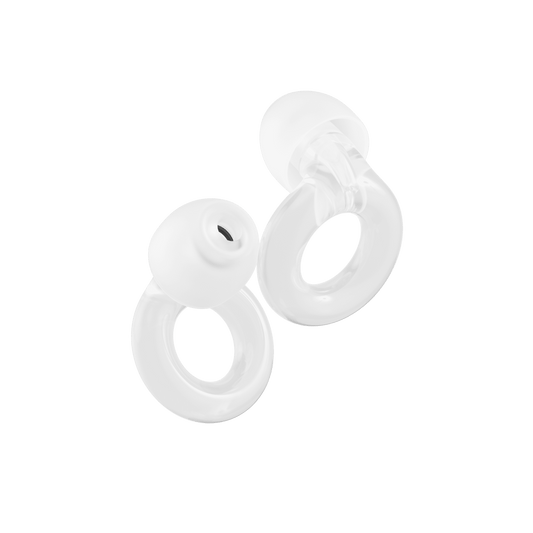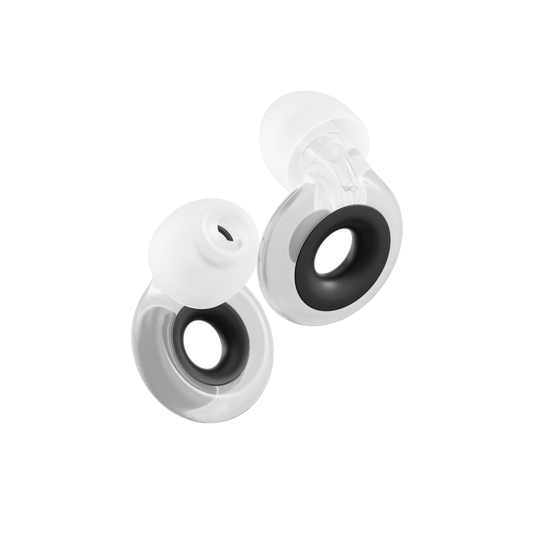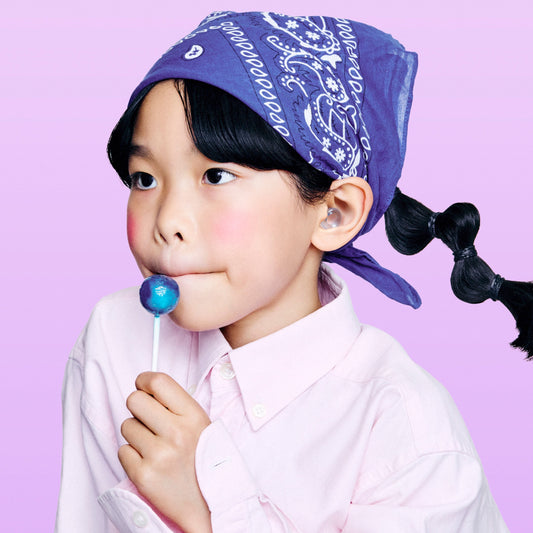Anxiety is a common mental health condition – so common, in fact, that anxiety disorders are the most common mental health condition in the US, affecting 40 million adults (19.1% of the population) every year. Anxiety is an umbrella term, covering various different types of anxiety disorders, including generalized anxiety disorder (GAD), social anxiety, post-traumatic stress disorder, panic disorder, and specific phobias.
We’ve gathered together all the tips to help with anxiety you need, whether you have GAD or specific concerns like noise anxiety. From relaxation techniques to professional help, we highlight different coping skills for anxiety, so you can find the one that best suits your needs and lifestyle.
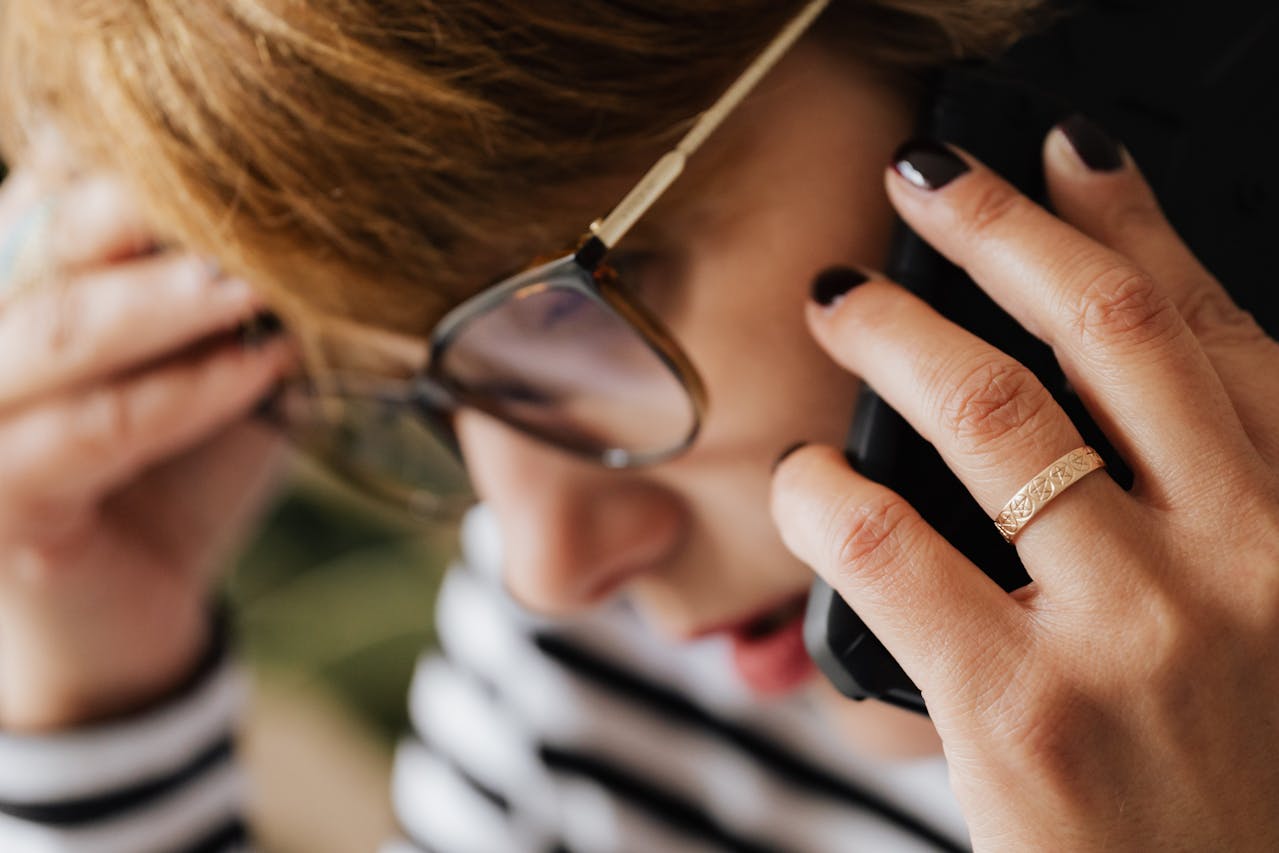

What triggers anxiety?
Everyone is different, and what triggers anxiety for one person may not trigger another person. Common triggers can include stress, trauma, and life changes like moving house or starting a new job, as well as lifestyle factors like financial concerns, relationship issues and health problems.
Many people also find that environmental factors like noise pollution can make their anxiety worse. For those with noise sensitivity, loud sounds can trigger the body’s fight or flight response, which can leave you feeling overwhelmed, stressed and anxious.
Whether you have GAD, a phobia, or noise sensitivity, it’s important to understand what triggers it – as everyone is different – so you can learn how to overcome anxiety, and what works for you.
What are the symptoms of anxiety?
The triggers of anxiety vary from person to person, and so do the symptoms. Some of the most common signs include:
- Excessive worry or fear
- Feeling restless or on edge
- Difficulty concentrating
- Irritability
- Fatigue
- Racing thoughts
- Muscle tension
- Finding it hard to fall asleep or stay asleep
- Nausea
- Panic attacks
- Increased heart rate
- A sense of panic or impending doom
Professional help and therapies
If your symptoms of anxiety have a significant impact on your daily life, then you should seek professional help. What helps with anxiety is different for everyone, but a doctor will be able to advise you on the best treatment for you.
Treatment options for anxiety include cognitive behavioral therapy, medication, and holistic approaches like mindfulness and relaxation techniques. As well as these treatment options, they may also suggest lifestyle changes like regular exercise, a healthy diet, stress management and earplugs to help you better deal with stressful situations.
Featured article
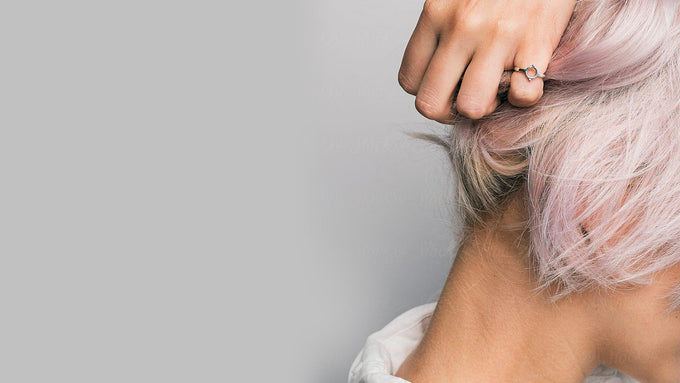
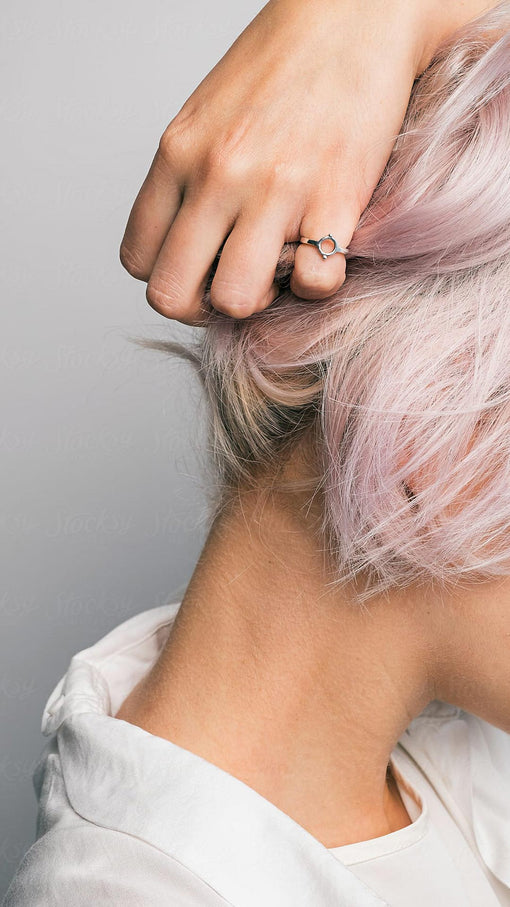
How to cope with noise anxiety
Noise anxiety comes in many forms, with the most common types of noise sensitivity being phonophobia, misophonia and hyperacusis. You may not be able to completely cure noise anxiety, but there are lots of ways to manage your noise anxiety.
Discover our tips for noise anxiety

Why your baby crying triggers your anxiety (and why you can’t help it).
Do you feel an overwhelming sense of anxiety when your baby cries? Learn why this occurs and what you can do to move ...

How To Cope With Noise Anxiety
Struggle with noise? Learn how to cope with noise anxiety and reclaim your peace of mind with our actionable tips.
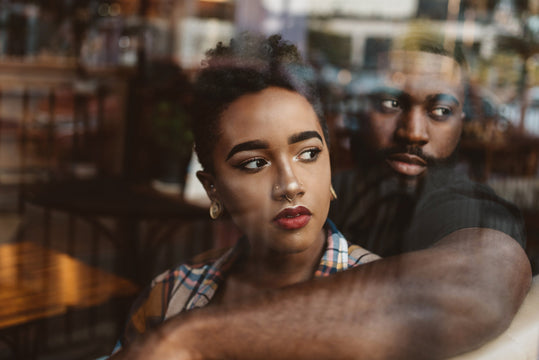
Noise Cancelling Ear Plugs For Noise Sensitivity
Noise sensitivity can cause serious distress and social anxiety. For many people, this means they are forced to wear ...





















